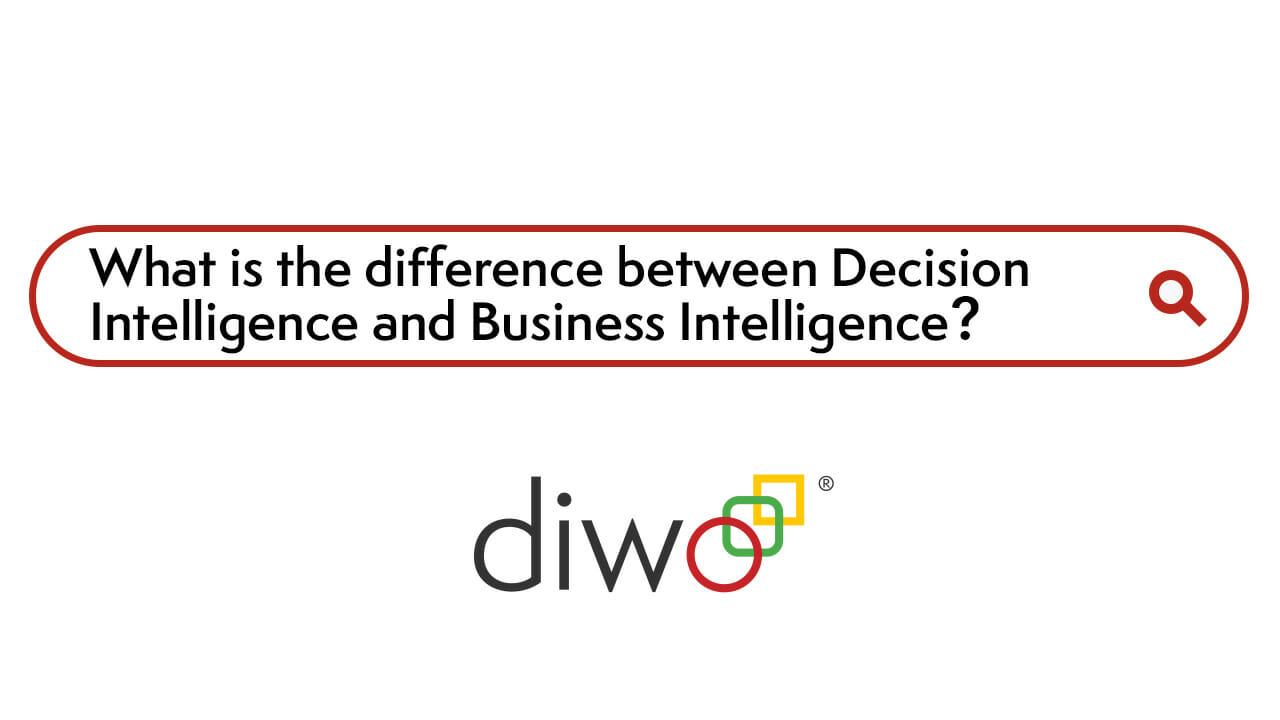FAQ
What is the difference between Decision Intelligence (DI) and Business Intelligence (BI)?
BI systems were designed for historical reporting to answer pre-defined questions with traditional query analysis. Decision intelligence emerged from the combination of dashboard overload and the availability of valuable AI models designed for future-looking predictions or recommendations.
Today, business users want faster and easier access to trusted insights and recommendations to make accurate business decisions. Businesses need to move beyond BI dashboards to understand what happened in the business, why metrics changed and what the recommended next best actions are to improve business performance. As the complexity of data has grown, extracting valuable insights with traditional BI platforms and self-serve BI has become more difficult and irrelevant for many day-to-day decisions. Business teams need real-time access to the massive amounts of data pouring in across channels to make the daily, on-demand micro-decisions that add up and impact an organization’s macro, long-term success. Static reports and surface-level dashboards won’t cut it for current data-driven decision-makers looking to beat the competition. The time-to-insight and then the time-to-decision has to be near real-time in order to take full advantage of new opportunities. And you have to utilize all the data available to you to make the best decision. Only decision intelligence can deliver on this.
Three key differences between DI and BI ;
- BI tools were designed to present historical data and convert them into insights about the business - delivered in a report or dashboard. BI tools work with aggregated subsets instead of all data.DI considers all available information, particularly predictive information and business context, to translate insight into recommendations delivered to users via a NLP UI.
- Dashboards deliver static insight. Decision intelligence delivers dynamic recommendations.
- Using BI, a decision-maker needs to analyze and synthesize information from several dashboards and is time consuming. Decision Intelligence automatically delivers a plan of action in real-time that dramatically shortens the path from data to decision.
